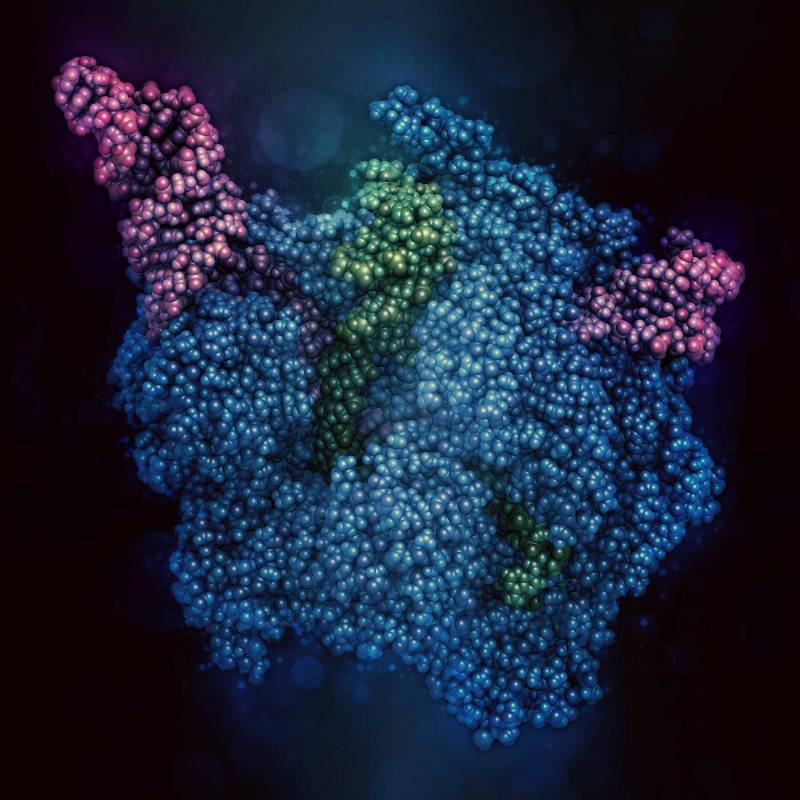A gene-editing tool that’s at the center of an ethical debate over enhancing humans may be more flawed than scientists thought.
CRISPR-Cas9, a high-tech method that quickly removes, exchanges or mends damaged genes, can cause “hundreds of unwanted genetic mutations,” according to a new study. Clinical trials for the technique have started in China and a second round is scheduled in the United States for next year.
Previous research used computer algorithms to highlight areas in the genetic code where “off-target” changes may occur and are then investigated for any mutation, insertions, or deletions.
Researchers at Columbia University, Stanford University, and the University of Iowa sequenced the entire genome of mice that had been treated with CRISPR-Cas9. Two of the mice had 1,500 edits to individual nucleotides and over a hundred larger mutations—none of which had been predicted by computer algorithms.
The disturbing findings will be published in the journal Nature Method.
Scientists hope the technology could improve their understanding of the role genes play in disease and lead to effective genetic therapies. It’s particularly promising given its accuracy and speed.
But there is a school of thought that the technology opens the potential for manipulation—including the eventual scenario of wealthy parents buying better genetic makeup for their children to give them competitive advantages.
“We’re still upbeat about CRISPR,” says Dr. Mahajan, the study’s co-author. “We know that every new therapy has some potential side effects—but we need to be aware of what they are.”
This article appeared in an InsideHook newsletter. Sign up for free to get more on travel, wellness, style, drinking, and culture.

























